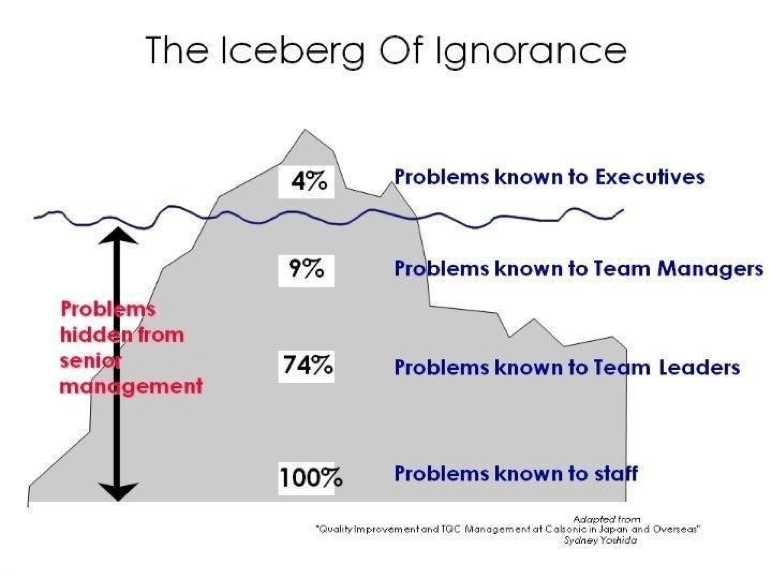4 MIN. READ
This article is the fifth and concluding article in a five-part series exploring spreadsheet risk, the challenges it presents, and ways to protect your company’s resources and reputation from the risk inherent in spreadsheets.
As more and more companies embark on launching digital and finance transformation initiatives, it is critical that spreadsheet management be elevated as a strategic imperative.
According to a recent Forrester Consulting study on spreadsheet risk, commissioned by Incisive Software, entitled, Think Spreadsheet Risk Isn’t a Threat? Think Again, over 50% of the respondents expressed concern with the risks spreadsheets pose to their organization. Yet only 19 percent indicated their firms are actively working to minimize their exposure. Regardless of your role in your organization, you can make a difference to close this gap.
So how do you elevate spreadsheet management in your organization?
Technology opportunities are happening faster and faster, and companies need to be ready to make changes and adapt. According to a study conducted by Sydney Yoshida, entitled “The Iceberg of Ignorance”, most senior executives aren’t aware of the problems experienced by their teams. By initiating or driving this cross-level conversation around spreadsheet risk, whether top-down or bottom-up, you can influence the outcome. Otherwise, transformation cannot truly occur at the strategic level. Only you can melt the iceberg.

Advocate for change, here’s how to build your case
- Answer these questions: What’s the cost of doing nothing? Where’s the risk?
- Is it a seven-figure fine?
- Is it restating earnings?
- Is it a loss of company value?
- Is it a ruined reputation?
- Share the benefits that other companies who have embarked on this path have realized:
- 50 percent had improved data quality.
- 47 percent had improved ability to meet audit and compliance requirements.
- 42 percent had better visibility into spreadsheet errors.
- 40 percent had improved productivity from their teams.
- 31 percent had better business decision-making resulting from data confidence.
- 30 percent had greater confidence in their spreadsheet accuracy.
- 29 percent had reduced operational risks and costs.
- Leverage these additional resources:
- The Forrester Consulting study on spreadsheet risk provides a complete set of hard metrics.
- Spreadsheet Risk Blog Series:
- Present this data to your finance transformation team.
So, what’s your next play?
Companies rely on spreadsheets to make critical decisions. However, the more complex the spreadsheet, the more the possibility that erroneous information exists. If you don’t have control of your spreadsheets, you can’t trust the data that drives your business.
With so much riding on the results, ignoring your spreadsheets is no longer an option. So, what will you do next?
